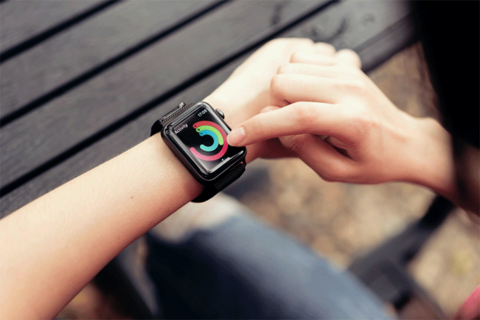
Increasing physical activities can help maintain and improve health, including decreased risks of chronic disease mortality. As such, measuring daily physical activities is an objective way to monitor an individual’s health.
Commercially available trackers are becoming a popular means for both individuals and researchers to quantify one’s daily physical activities due to their easy portability and user-friendly interfaces that, when compared to traditional physical activity trackers, reduces users’ discomfort during use. They are also able to provide feedback and recommendations to help users improve their health behaviours. However, for these trackers to provide meaningful information to their users, it is important that they can accurately detect and measure the activities they are tracking.
This project will compare 3 different clinically approved trackers (Omron Pedometer HJ720IT, Piezo RxD, and ActiGraph GT9X Link) against each commercially available digital tracker, which consists of different versions of Apple Watches, Fitbits, and Xiaomi Mi Bands. Each tracker’s ability to accurately count steps in free-living conditions will be compared. Participants will keep an activity log, so the accuracy of counted steps for each tracker can be analyzed by the type of activity being performed at the time the steps were recorded.
The goal of this project is to determine if commercially available digital trackers are as accurate as clinically approved trackers in counting steps and, in turn, measuring physical activities.
Last updated: March 11, 2020